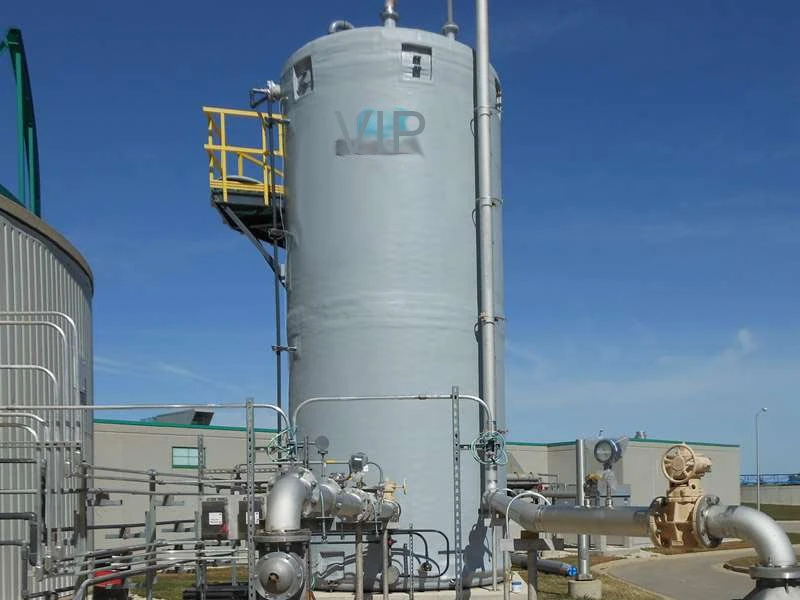
-
 Afrikaans
Afrikaans -
 Albanian
Albanian -
 Amharic
Amharic -
 Arabic
Arabic -
 Armenian
Armenian -
 Azerbaijani
Azerbaijani -
 Basque
Basque -
 Belarusian
Belarusian -
 Bengali
Bengali -
 Bosnian
Bosnian -
 Bulgarian
Bulgarian -
 Catalan
Catalan -
 Cebuano
Cebuano -
 China
China -
 China (Taiwan)
China (Taiwan) -
 Corsican
Corsican -
 Croatian
Croatian -
 Czech
Czech -
 Danish
Danish -
 Dutch
Dutch -
 English
English -
 Esperanto
Esperanto -
 Estonian
Estonian -
 Finnish
Finnish -
 French
French -
 Frisian
Frisian -
 Galician
Galician -
 Georgian
Georgian -
 German
German -
 Greek
Greek -
 Gujarati
Gujarati -
 Haitian Creole
Haitian Creole -
 hausa
hausa -
 hawaiian
hawaiian -
 Hebrew
Hebrew -
 Hindi
Hindi -
 Miao
Miao -
 Hungarian
Hungarian -
 Icelandic
Icelandic -
 igbo
igbo -
 Indonesian
Indonesian -
 irish
irish -
 Italian
Italian -
 Japanese
Japanese -
 Javanese
Javanese -
 Kannada
Kannada -
 kazakh
kazakh -
 Khmer
Khmer -
 Rwandese
Rwandese -
 Korean
Korean -
 Kurdish
Kurdish -
 Kyrgyz
Kyrgyz -
 Lao
Lao -
 Latin
Latin -
 Latvian
Latvian -
 Lithuanian
Lithuanian -
 Luxembourgish
Luxembourgish -
 Macedonian
Macedonian -
 Malgashi
Malgashi -
 Malay
Malay -
 Malayalam
Malayalam -
 Maltese
Maltese -
 Maori
Maori -
 Marathi
Marathi -
 Mongolian
Mongolian -
 Myanmar
Myanmar -
 Nepali
Nepali -
 Norwegian
Norwegian -
 Norwegian
Norwegian -
 Occitan
Occitan -
 Pashto
Pashto -
 Persian
Persian -
 Polish
Polish -
 Portuguese
Portuguese -
 Punjabi
Punjabi -
 Romanian
Romanian -
 Russian
Russian -
 Samoan
Samoan -
 Scottish Gaelic
Scottish Gaelic -
 Serbian
Serbian -
 Sesotho
Sesotho -
 Shona
Shona -
 Sindhi
Sindhi -
 Sinhala
Sinhala -
 Slovak
Slovak -
 Slovenian
Slovenian -
 Somali
Somali -
 Spanish
Spanish -
 Sundanese
Sundanese -
 Swahili
Swahili -
 Swedish
Swedish -
 Tagalog
Tagalog -
 Tajik
Tajik -
 Tamil
Tamil -
 Tatar
Tatar -
 Telugu
Telugu -
 Thai
Thai -
 Turkish
Turkish -
 Turkmen
Turkmen -
 Ukrainian
Ukrainian -
 Urdu
Urdu -
 Uighur
Uighur -
 Uzbek
Uzbek -
 Vietnamese
Vietnamese -
 Welsh
Welsh -
 Bantu
Bantu -
 Yiddish
Yiddish -
 Yoruba
Yoruba -
 Zulu
Zulu
fiberglass insulation tank
The Benefits and Applications of Fiberglass Insulation Tanks
Fiberglass insulation tanks are becoming increasingly popular in various industries due to their exceptional thermal performance, durability, and versatility. These tanks play a crucial role in the storage and transportation of various liquids, such as chemicals, water, and oils. In this article, we will explore the benefits of fiberglass insulation tanks, their applications, and why they are the preferred choice over traditional materials.
What Are Fiberglass Insulation Tanks?
Fiberglass insulation tanks are storage units made from reinforced plastic composites, which include glass fibers in a resin matrix. This unique construction gives them superior strength while being lightweight compared to metal or concrete tanks. The insulation properties of fiberglass also prevent heat transfer, making these tanks ideal for storing temperature-sensitive liquids.
Benefits of Fiberglass Insulation Tanks
1. Superior Insulation Properties One of the primary advantages of fiberglass insulation tanks is their excellent thermal insulation capabilities. This feature is particularly important in applications where maintaining a specific temperature is crucial. For instance, in the food and beverage industry, these tanks help ensure that products remain fresh and safe for consumption.
2. Corrosion Resistance Fiberglass is inherently resistant to corrosion, making it an ideal choice for storing aggressive chemicals and liquids. Unlike metal tanks, which can rust and erode over time, fiberglass tanks offer a longer lifespan and require less maintenance. This resistance translates into significant cost savings for industries that rely on chemical storage.
3. Lightweight and Easy to Install The lightweight nature of fiberglass insulation tanks makes them easier to transport and install. This benefit is especially helpful for companies looking to minimize labor costs and reduce installation time. Furthermore, these tanks can be configured in various designs to fit different spaces and requirements.
4. Environmental Sustainability As businesses increasingly focus on sustainability, fiberglass insulation tanks provide an eco-friendly solution. They are often made from recycled materials and can be recyclable themselves at the end of their lifecycle. This feature aligns with the growing environmental regulations and consumer preferences for sustainable practices.
5. Customizability Fiberglass tanks can be manufactured to meet specific sizes, shapes, and insulation requirements. This adaptability makes them suitable for a wide range of applications across diverse industries. Whether it's a small tank for residential use or a large industrial tank, fiberglass insulation can be tailored to meet exact specifications.
fiberglass insulation tank

Applications of Fiberglass Insulation Tanks
Fiberglass insulation tanks find a broad range of applications across various sectors
- Chemical Industry Given their corrosion resistance, fiberglass tanks are widely used for storing various chemicals, including acids and bases. Their insulating properties also help in maintaining the temperature of sensitive materials.
- Food and Beverage In this industry, maintaining product integrity is paramount. Fiberglass insulation tanks can store liquids at controlled temperatures, reducing spoilage and extending shelf life.
- Water Treatment Water storage and treatment facilities use fiberglass tanks to store treated water or chemicals used in the treatment process. Their resistance to chemicals ensures reliability and effectiveness in water management.
- Energy Industry In the oil and gas sector, fiberglass insulation tanks are utilized for storing various fuels and oils. Their lightweight design and resistance to harsh environments make them an excellent option for this industry.
- Agricultural Applications Farmers often use fiberglass tanks for fertilizer and pesticide storage. The insulation properties help maintain the efficacy of these substances, ensuring better yields.
Conclusion
Fiberglass insulation tanks offer a plethora of benefits, including insulation efficiency, corrosion resistance, and environmental sustainability. Their versatility makes them suitable for various applications, from chemical storage to food and beverage processing. As industries continue to prioritize safety, efficiency, and environmental considerations, fiberglass insulation tanks are likely to play an increasingly important role in modern storage solutions. With their ability to adapt to specific needs and provide reliable performance, these tanks are paving the way for innovative practices across multiple sectors.









